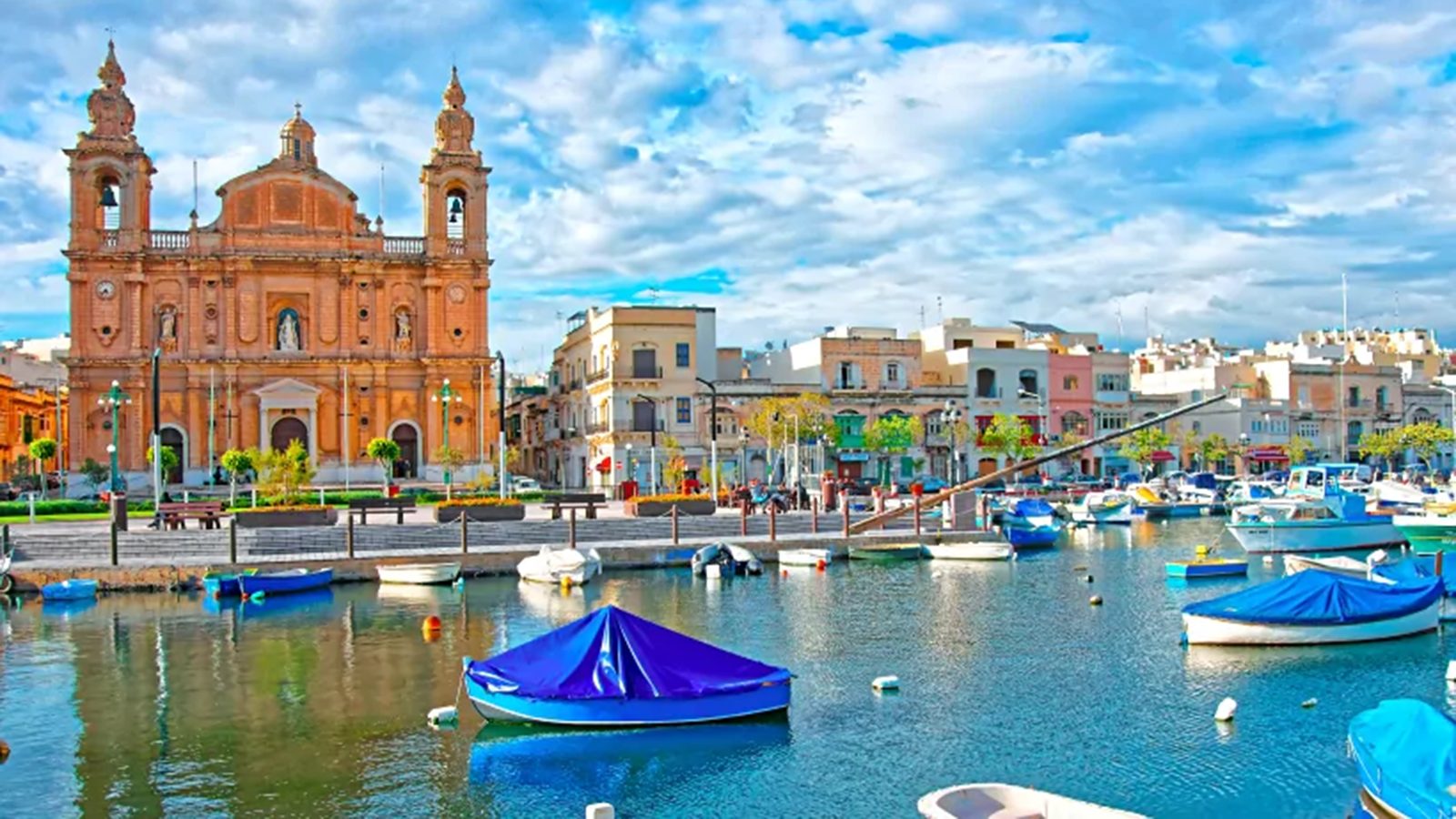Malta Cuts Food Prices to Aid Families

The government of Malta has recently inked agreements with importers and retailers. The objective is crystal clear: cut the prices of approximately 400 of the most-consumed food items by a substantial 15 percent. The signing ceremony, led by Prime Minister Robert Abela and Minister for Economy Silvio Schembri, signals a commitment to stabilizing food prices and providing relief to families grappling with economic challenges.
A Strategic Agreement for Stability
The comprehensive agreement, set to take effect from February 1, is a collaborative effort aimed at ensuring price stability across 15 essential food categories. Prime Minister Abela emphasized that the government’s goal is to secure a commitment from stakeholders that the prices of approximately 400 crucial products will remain unchanged until the unveiling of the 2025 budget in October.
Essential Products on the List
The products included in the price stabilization initiative span a variety of essential food categories. From pantry staples like spaghetti and penne to protein sources like corned beef and tuna in vegetable or soya oil, the list also encompasses fresh and frozen pork chops, chicken legs, tea, instant coffee, frozen peas, broccoli, spinach, straight-cut frozen friable French fries, and long-life milk.
Boosting Purchasing Power for Families
Prime Minister Abela stressed that the initiative represents a substantial boost to the purchasing power of families. With the assurance that the prices of these essential items will not increase in the coming months, Maltese households can plan their budgets more effectively, alleviating financial pressures.
Beyond Food: A Holistic Approach
Addressing concerns beyond the realm of food, Prime Minister Abela highlighted the government’s ongoing efforts to stabilize energy prices through subsidies. This multifaceted approach aims to provide comprehensive relief to citizens facing economic uncertainties.
Support for Small Stores
Recognizing the challenges faced by small stores that lack the economies of scale enjoyed by larger retailers, the government has introduced a support mechanism. Stores with an annual sales turnover of less than 800,000 euros, which do not benefit from economies of scale, will receive a monthly subsidy of 125 euros. This financial support is designed to offset the reduction in profits resulting from the price cuts.
Growing Participation in the Initiative
More than 200 shops have already pledged their participation in the scheme, and this number is expected to grow. The government’s proactive measures have garnered support from retailers, recognizing the positive impact on both consumers and businesses. As the initiative gains momentum, it is poised to become a cornerstone in Malta’s economic strategy.
Frequently Asked Questions (FAQ)
Why is the Maltese government cutting food prices?
The government aims to stabilize the prices of essential food items, providing relief to families facing economic challenges.
When will the price cuts come into effect?
The agreement is set to take effect from February 1, ensuring immediate benefits for consumers.
How many food items are covered by the agreement?
Approximately 400 of the most-consumed food items are included in the price stabilization initiative.
Which sectors, other than food, is the government addressing?
The government is also making efforts to stabilize energy prices through subsidies.
How long will the prices remain stable?
The commitment is to maintain stable prices until the announcement of the 2025 budget in October.
What support is provided to small stores?
Small stores with a turnover of less than 800,000 euros will receive a monthly subsidy of 125 euros to offset profit reductions.
How can stores participate in the scheme?
Stores can express their willingness to participate, and over 200 shops have already joined the initiative.
Is the initiative expected to grow?
Yes, the number of participating stores is expected to increase as awareness and support for the scheme grow.
How does the government plan to boost purchasing power?
By stabilizing prices and providing financial support to small stores, the government aims to boost the purchasing power of Maltese families.
What impact does the initiative have on budget planning for households?
With the assurance of stable prices for essential items, households can plan their budgets more effectively, reducing financial uncertainties.
Recommended Posts

Financial Aspects of Doing Business in Malta
July 26, 2024

The Rise of Digital Banking Solutions in Malta
July 24, 2024




